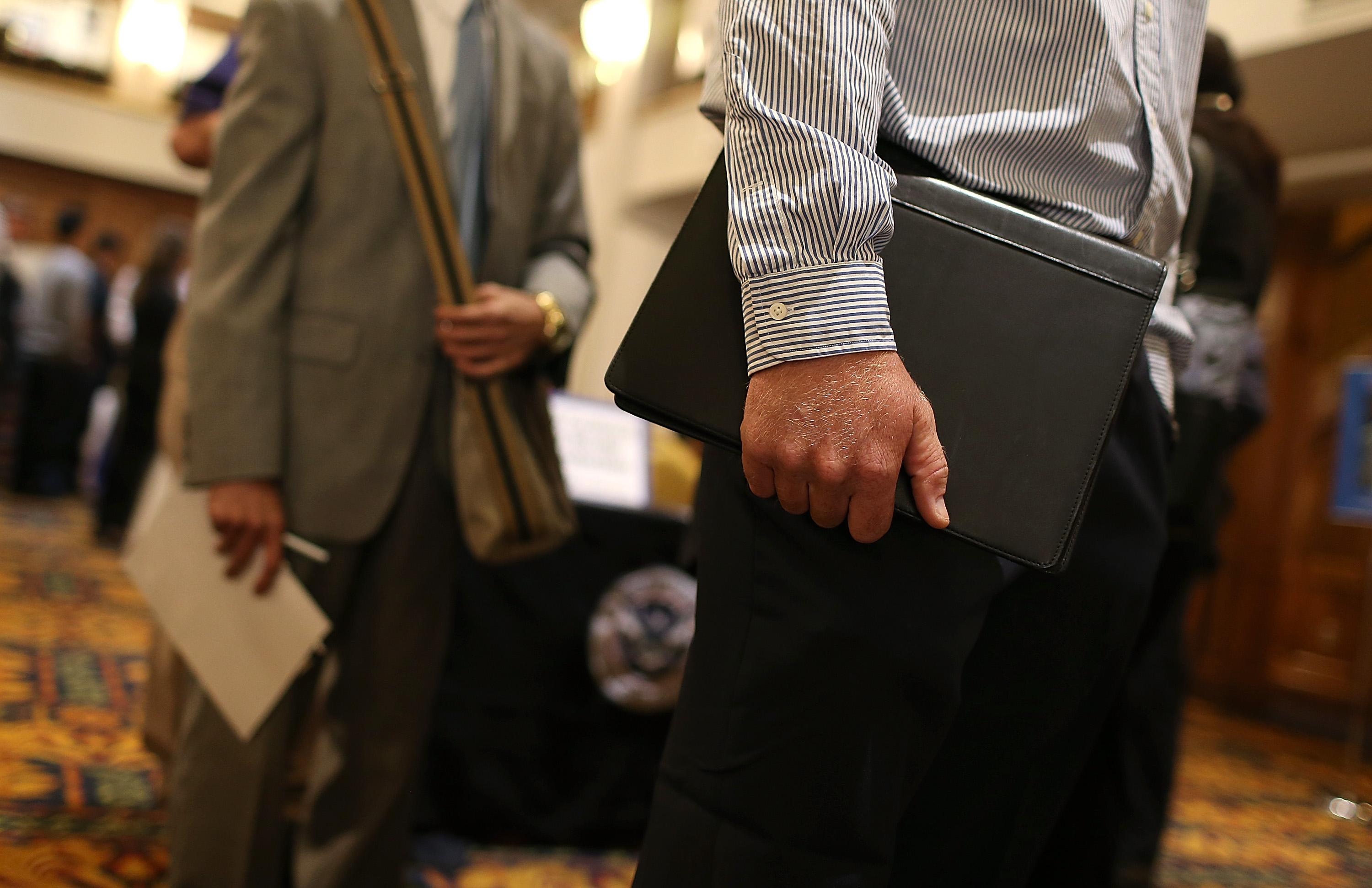It’s well known that people who’ve been unemployed for a long time are less likely to get a new job than people who’ve only been unemployed for a month or two. What’s less clear is whether that’s a kind of employer discrimination against the long-term jobless or whether long-term unemployment is just a strong correlate of some other characteristic. Matt O’Brien has a great write-up of a field study by economist Rand Ghayad that sheds more light on this issue by mailing out thousands of fake resumes to see who gets a call back. Ghayad is able to show through this means that employers have a strong bias against candidates with more than six months of unemployment, even if their resume is virtually identical to a candidate who has been unemployed for a shorter period of time.
It’d be interesting to know whether this kind of discrimination is grounded purely in irrational bias, or if it reflects a sound satisficing strategy in which long-term unemployment really is a statistically reliable indicator of some unobserved quality. Since realistically it’s extremely unlikely that any dramatic political steps are going to be taken to help the long-term unemployed, my guess is we’ll have plenty of opportunities to conduct more detailed research into these issues.
As a policy matter, though, I think one of the main takeaways here is about the shift from the short term of the business cycle to the long term of permanently lower growth. The high-status thing to say is always that politicians focus too much on the short term and we ought to be worried about the long-term fundamentals. And back in 2009 and 2010, you certainly heard a lot of this kind of rhetoric that was aimed at establishing the seriousness of the speaker by disparaging the idea of juicing the economy in favor of the need to work on the long-term economic fundamentals. But six months is a relatively short span of time in the course of human history. And it turns out that a six-month spell of unemployment leads to a significant decrease in a potential worker’s attractiveness to employers. That means a six-month spell is relatively likely to turn into a yearlong spell or a two-year one. And that kind of prolonged absence from the labor force doesn’t just represent lost income and economic output for two months or 24 months. It represents lost opportunities to learn on-the-job skills and build organizational capital. It represents a worker who’ll probably drop out of the workforce altogether if he can get himself eligible for disability benefits or plausibly recast herself in a socially validated housewife role.
Back in the 1940s, our Depression-era version of this problem was solved by World War II. When mass conscription is on the agenda, suddenly weak labor force attachment or statistical discrimination against the long-term unemployed isn’t a big deal. But we (hopefully) won’t have a new gigantic war. Consequently, 10 or 20 years from now, we’re going to be poorer than we would’ve been had we responded more effectively in 2009 and 2010 to restore full employment. The failure to adequately and appropriately address the economic short term is proving to be a long-term disaster.
